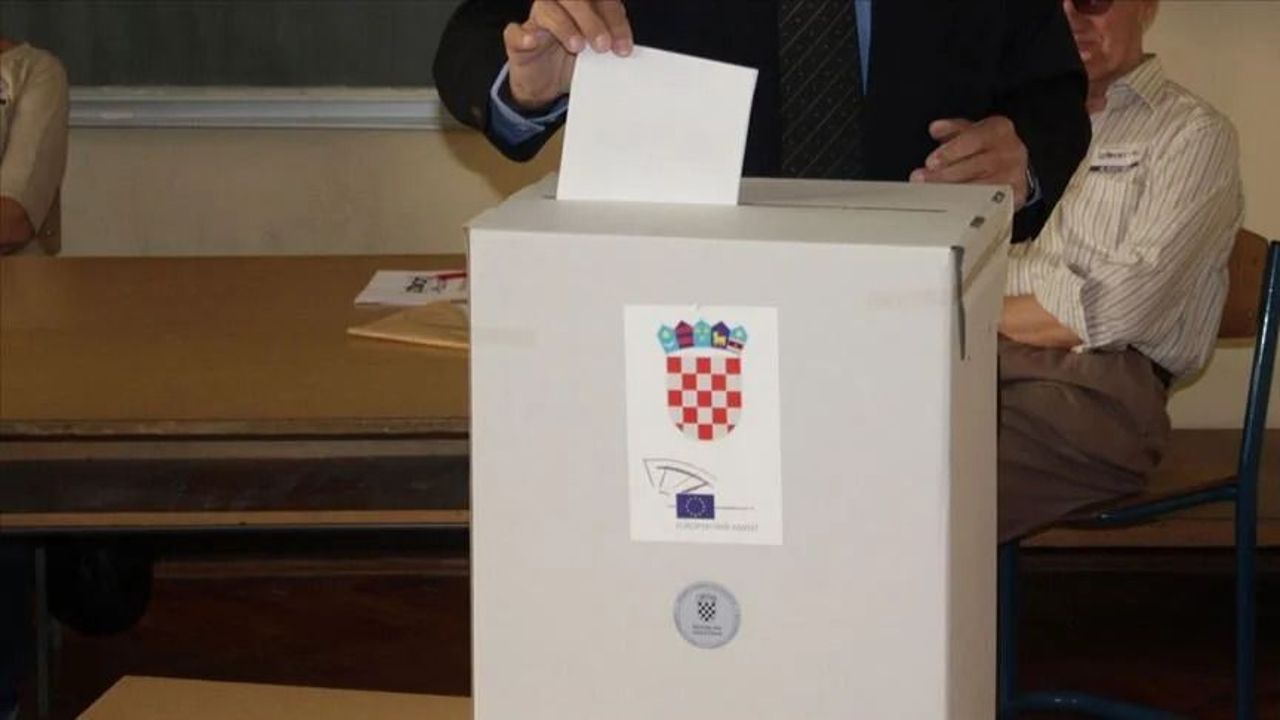HDZ wins elections in Croatia but fails to win majority, coalition talks loom
The ruling HDZ triumphed in parliamentary elections but failed to win a majority, signalling a demand for change. Coalition talks expected amid concerns of political instability

In the parliamentary elections held in Croatia on April 17, the ruling Croatian Democratic Union (HDZ) won the elections but failed to secure the majority to form a government.
With approximately 95% of the votes counted, HDZ, led by Prime Minister Andrej Plenkovic, received 35% of the votes, followed by the Social Democratic Party (SDP) supported by President Zoran Milanovic with 26%.
While the elections were a test for HDZ and Plenkovic, the results reveal a demand for change in the country.
SDP President Pedja Grbin remarked that the election outcomes reflect a call for change in the nation and emphasized the need for patience and wisdom to steer Croatia toward a better future in the days ahead.
Since no party has been able to achieve a majority in the elections, the parties are expected to start coalition talks.
Plenkovic mentioned in his statement that with the final results now official, efforts to form the government will begin. He congratulated his opponents and expressed commitment to advancing the interests of Croatia and its economy.
HDZ was relying on the support garnered during Croatia's accession to the EU and the plans for introducing the euro. However, there's been a notable rise in opposition to HDZ and Plenkovic in the country. This surge in dissent is primarily attributed to allegations of corruption involving Plenkovic and the widespread perception of HDZ's involvement in various corruption scandals.
Coalition may cause instability
Failure to form a coalition between political parties with different political views is likely to usher in a potential period of political crisis in the EU member nation.
Given their contrasting stances on the Russia-Ukraine conflict, the possibility of a coalition between HDZ and SDP is poised to introduce instability both domestically and regionally. HDZ's backing of Ukraine contrasts with SDP's purportedly opposing position, particularly highlighted by President Milanovic's pro-Russian remarks, which have sparked concerns within the EU and neighboring regions.
The prospect of instability in Croatia raises apprehensions regarding the widening of crisis zones in the region. Croatia's divergence from the EU's stance in potential crisis zones like Bosnia-Herzegovina and Kosovo could exacerbate ongoing conflicts and disputes, deepening existing crises.
Economic relations with Türkiye
Political instability in Croatia, given its longstanding good economic and trade relations with Türkiye, could indeed disrupt these relations. This instability may cause Turkish companies, which have substantial investments in Croatia, to become skeptical about the security and stability of their investments in the country.
Source: Newsroom







